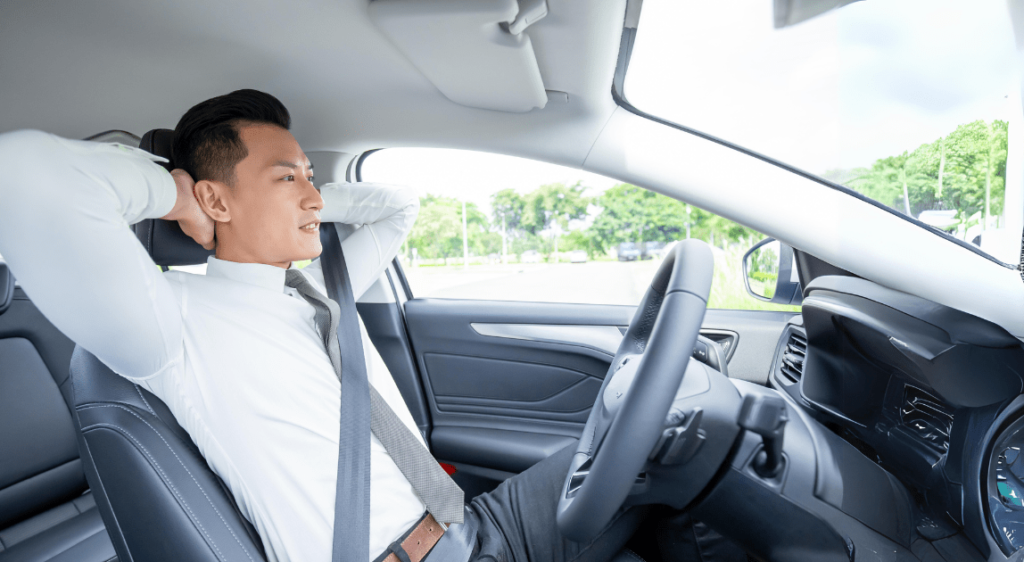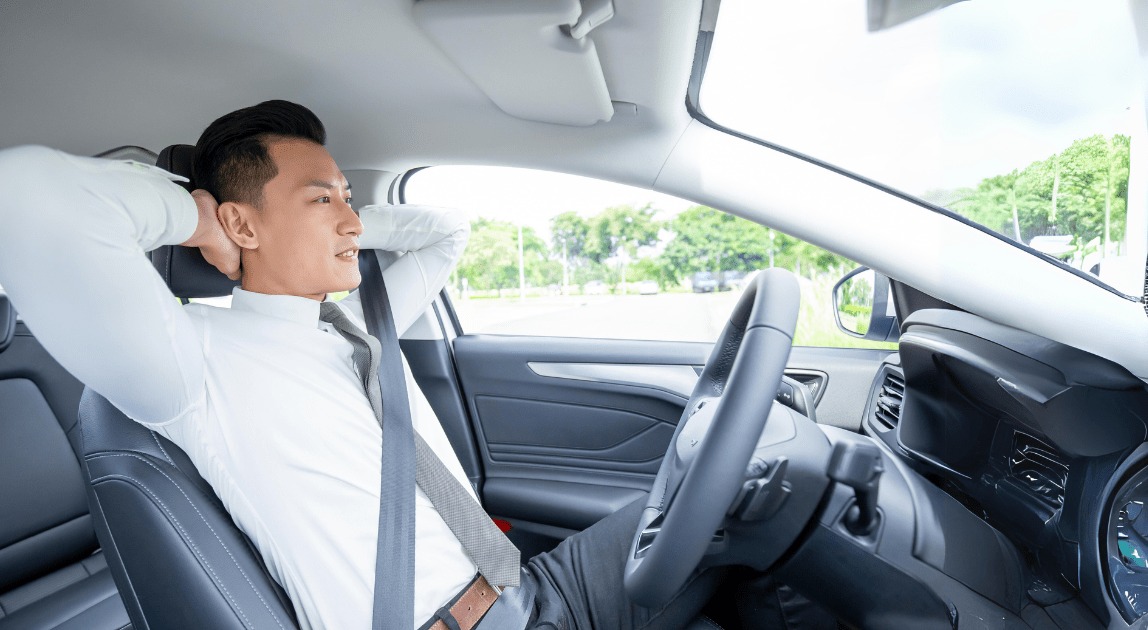Self-driving cars are starting to move from science fiction to reality. These autonomous vehicles use advanced sensors and AI to get around without a driver. While this technology could make transportation safer and easier, it also raises hard ethical issues that need attention.

One of the most pressing ethical dilemmas is how self-driving cars should be programmed to make decisions in situations where there is no clear course of action. For example, should a self-driving car swerve to avoid hitting a pedestrian, even if it means crashing into another car? Or should it prioritise the safety of its occupants over that of other road users?
A big question is: how should self-driving cars be programmed to make tough decisions in no-win situations? For example, if a pedestrian suddenly jumps in front of the car, should it swerve into oncoming traffic, potentially harming its own passengers, to avoid hitting them? Who gets priority?
There are no easy answers, and experts disagree on what’s ethically acceptable. As self-driving cars spread, we need clear rules so they act responsibly. Manufacturers cannot just leave life-and-death judgments to algorithms.
Another concern is security. If hackers accessed the AI driving system, they could try steering the car to deliberately cause a crash. Safety features to prevent harmful hacks will be essential.
While true self-driving cars are still being perfected, now is the time to proactively address ethics. Thoughtful policies and procedures on priorities in tough scenarios as well as cybersecurity should be in place before these vehicles hit the mainstream.
There are always pros and cons when new technology reshapes daily life. But if done right, self-driving cars could revolutionise transportation and improve road safety dramatically. By considering ethics today, we can steer autonomous vehicles towards an ethically sound destination.
Liability in Self-Driving Car Accidents
As self-driving cars are poised to transform our roads, a crucial legal question emerges: who bears responsibility for accidents involving these autonomous vehicles? In this rapidly evolving landscape, traditional notions of driver liability have become blurred, demanding a fresh examination of accountability and legal frameworks.
Untangling the Web of Responsibility:
- No Driver, No Fault?
In the absence of a human driver, the concept of driver liability, long a cornerstone of automotive law, faces a significant challenge. When a self-driving car causes an accident, who is at fault? The manufacturer, the programmer, or perhaps the owner of the vehicle? Delving into these questions requires a nuanced understanding of the complex interplay between technology and human oversight.
- Programming Predicament:
Self-driving cars rely on sophisticated software and intricate sensor systems to navigate the roads. If an accident occurs due to a programming flaw or a sensor malfunction, assigning responsibility becomes a tangled web. Should the blame fall on the programmers who crafted the algorithms, the manufacturers who designed and assembled the vehicle, or the software developers who created the underlying operating systems?
- Shifting the Legal Landscape:
The advent of self-driving cars necessitates a re-examination of product liability laws. Traditional legal frameworks, crafted for an era of human-operated vehicles, may not adequately address the complexities of autonomous technology. As the capabilities of these vehicles advance, the legal system faces the challenge of assigning accountability in a world where decisions are made by lines of code rather than human judgment.
Exploring Liability Scenarios:
- Manufacturer Accountability:
Proponents of holding car manufacturers accountable argue that the responsibility for self-driving cars lies squarely with the companies that design, manufacture, and programme them. Since the vehicle operates based on its programming and sensors, the manufacturer should bear the brunt of liability in the event of an accident.
- The Role of the Owner:
While manufacturers play a crucial role, the question of owner responsibility also demands attention. Should the owner of a self-driving car be liable for the actions of a vehicle they were not actively controlling? Navigating this grey area is essential to establishing a fair and equitable legal system.
- Programmer Responsibility:
The individuals responsible for coding the algorithms and designing the AI systems that govern self-driving cars may find themselves in the legal spotlight. How much responsibility should programmers shoulder in the face of unforeseen accidents? Striking a balance between encouraging innovation and ensuring accountability is critical in this domain.
Legal Evolution in the Age of Autonomy:
- The Need for Legislative Clarity:
The ambiguity surrounding liability in self-driving car accidents underscores the urgent need for legislative clarity. Crafting laws that clearly define responsibility and establish legal procedures is essential to provide a solid foundation for resolving disputes and ensuring a fair and just legal system.
- Collaboration between Industry and Legal Experts:
As self-driving technology matures, collaboration between the automotive industry and legal experts becomes paramount. Establishing industry standards and developing comprehensive legal frameworks can help streamline the process of determining liability and ensure a balanced approach to accountability.
Conclusion
The advent of autonomous vehicles represents a pivotal moment of promise and peril. Self-driving cars may transform transportation for the better, but only if ethics and security remain top priorities. As this technology advances, we must proactively navigate complex questions of accountability and regulation.
Manufacturers cannot delegate life-or-death decisions to algorithms alone. Policymakers need to implement clear ethical guidelines and restrictions. Cybersecurity and resilience to hacking attempts must be treated as necessities, not afterthoughts. And updated legal frameworks that apportion liability fairly should be established.
The debate surrounding self-driving cars will persist as innovation outpaces regulation. But by collaborating across disciplines, considering every angle, and keeping the public interest at heart, we can steer towards a future where autonomous vehicles provide safe, efficient, and morally sound transportation. If ethics and human values guide the way forward, this revolution in mobility can positively transform society. But we must remain focused on that ethical destination as the landscape rapidly evolves.

Leave a Reply
You must be logged in to post a comment.